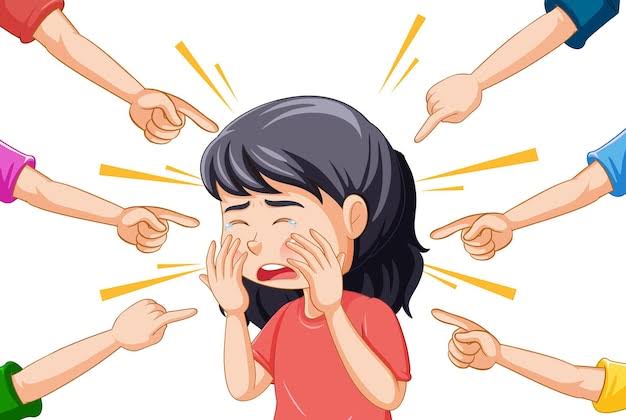Impact of Emotional Abuse on the Growth of Children in India

Amit Singh
Pune, 13 Nov 2023: Emotional abuse, a silent yet devastating form of maltreatment, significantly impacts the growth and development of children in India. While physical abuse often garners more attention, emotional abuse can have profound and long-lasting effects on a child’s psychological and emotional well-being.
Understanding Emotional Abuse:
Emotional abuse encompasses various behaviors that can adversely affect a child’s mental health. It includes verbal assaults, threats, constant criticism, rejection, isolation, and exposing a child to an unsafe or hostile environment. Unlike physical abuse, emotional maltreatment doesn’t leave visible scars, making it harder to detect and address.
Impact on Growth:
1. Psychological Consequences: Emotional abuse can cause severe psychological trauma, leading to anxiety, depression, low self-esteem, and feelings of worthlessness. It can hinder a child’s ability to form healthy relationships, trust others, and manage emotions effectively.
2. Cognitive Development: Children subjected to emotional abuse may face difficulties in cognitive development. They may struggle academically, experience memory problems, and have challenges in decision-making and problem-solving.
3. Behavioral Issues: Behavioral problems such as aggression, defiance, withdrawal, and antisocial tendencies can manifest due to emotional abuse. Children might display conduct disorders, including substance abuse and risky behaviors.
4. Physical Health Imptac: Emotional distress can also lead to physical health issues. Stress-related conditions like headaches, stomach pains, sleep disturbances, and eating disorders can emerge, affecting a child’s overall health.
Societal Challenges in India:
1. Stigma and Silence: In India, societal stigmas and cultural norms often silence discussions on emotional abuse. This can prevent victims from seeking help or speaking out, making it challenging to address the issue effectively.
2. Lack of Awareness and Education: Limited awareness about the signs and impact of emotional abuse hampers efforts to prevent and address this problem effectively.
3. Parental and Caregiver Education: Many parents and caregivers might not recognize emotional abuse or understand its consequences, perpetuating the cycle of maltreatment.
Addressing the Issue:
1. Awareness and Education: Implementing programs that educate parents, educators, and communities about the signs and effects of emotional abuse is crucial.
2. Support Systems: Establishing support systems such as helplines, counseling services, and shelters for children facing emotional abuse is vital to offer them protection and guidance.
3. Legal and Policy Frameworks: Strengthening and enforcing laws and policies to safeguard children against emotional abuse is necessary.








